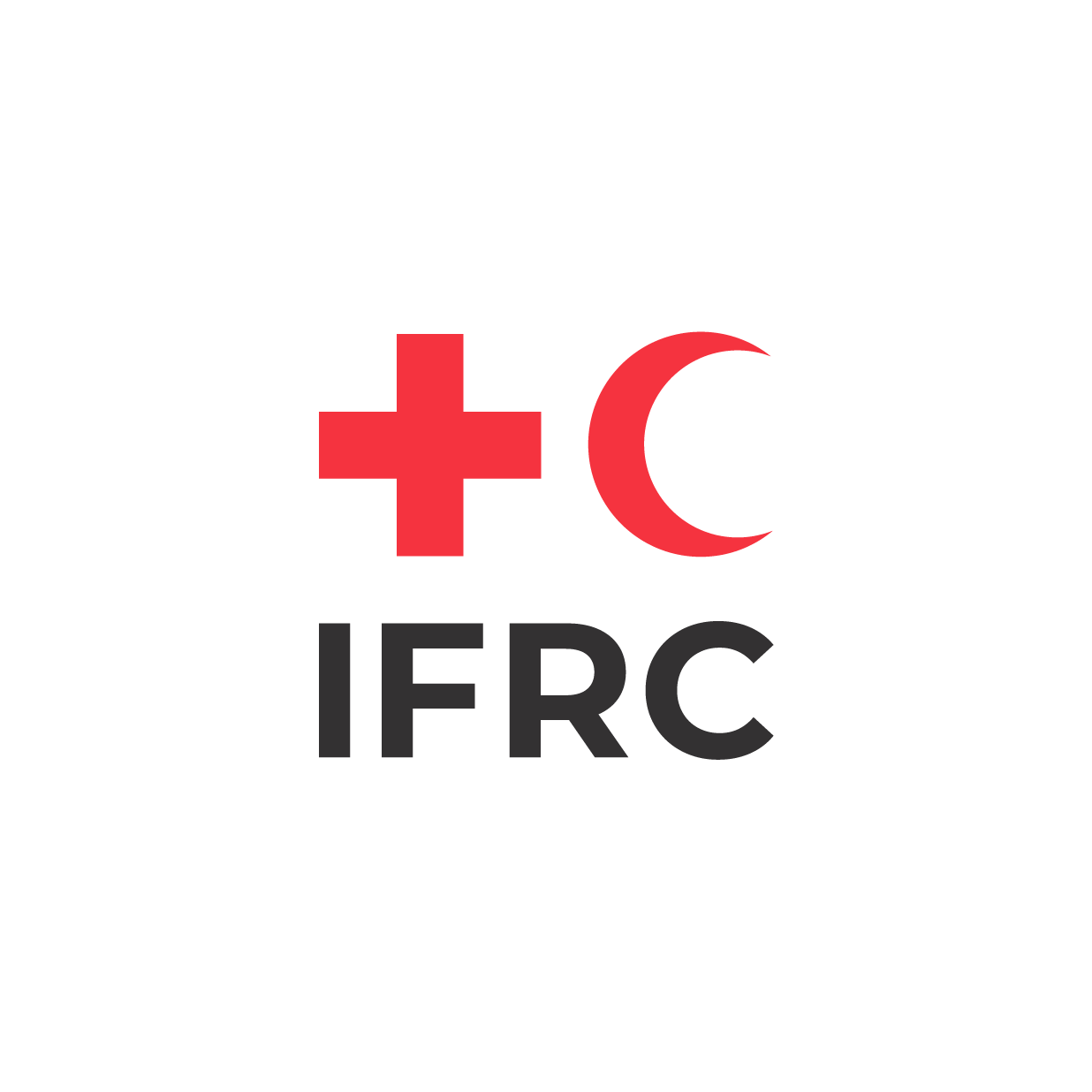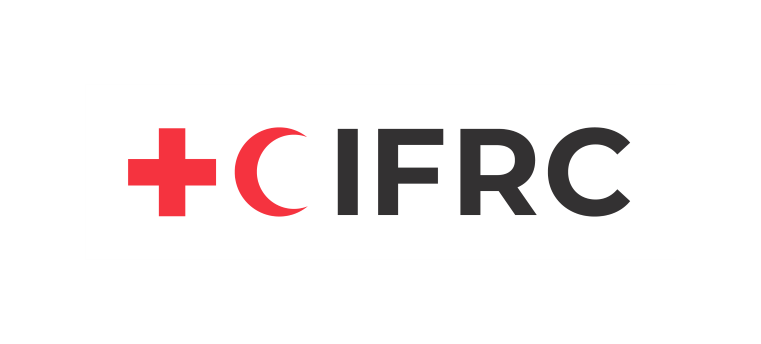Stage 1
Reference Sheet K
Why connecting is a key Red Cross Red Crescent service
The Red Cross Red Crescent is uniquely well placed to connect communities.
Reputation
The Red Cross Red Crescent is known and respected as an impartial humanitarian actor. We have a solid reputation both locally and globally, and National Societies have established strong connections with many entities at many levels. This reputation can be leveraged to attract others to common interest platforms and potential partnerships. In many cases, community leaders and even local government authorities are not in a position to start resilience processes on their own or may lack the experience or resources to do so. Staff members of a National Society can take on new responsibilities to accompany, engage and connect communities.
Proximity
National Societies and their branches develop close and long‑standing relationships with the communities they serve. In addition, many Red Cross Red Crescent volunteers live in vulnerable communities, so making use of their services should be encouraged because they know their community’s vulnerabilities and potential, can help communicate these issues to other actors, and can contribute to developing locally driven solutions.
Long‑standing engagement
Unlike nongovernmental organizations, National Societies have a permanent presence in their countries. This enables them to make long‑term commitments (an essential factor in the coordination of multi‑stakeholder processes), gradually build communities’ competencies, and empower them to convene stakeholders themselves.
Connecting may also contribute to advocacy
The laws, policies or practices of a powerful actor - such as a government authority or a private company - may cause harm to others. When communities present their perspective, indicating that many people want the bad practices to end, and suggesting how the party responsible could benefit such reform, communities may not only protect their interests but also acquire confidence and new skills. This is called advocacy because it involves voicing objectives desired by a group of people, not just one individual.

The International Federation of Red Cross and Red Crescent Societies is the world's largest humanitarian network and is guided by seven Fundamental Principles: Humanity, Impartiality, Neutrality, Independence, Voluntary Service, Universality and Unity.
Follow IFRC
© The Global Disaster Preparedness Center 2024
